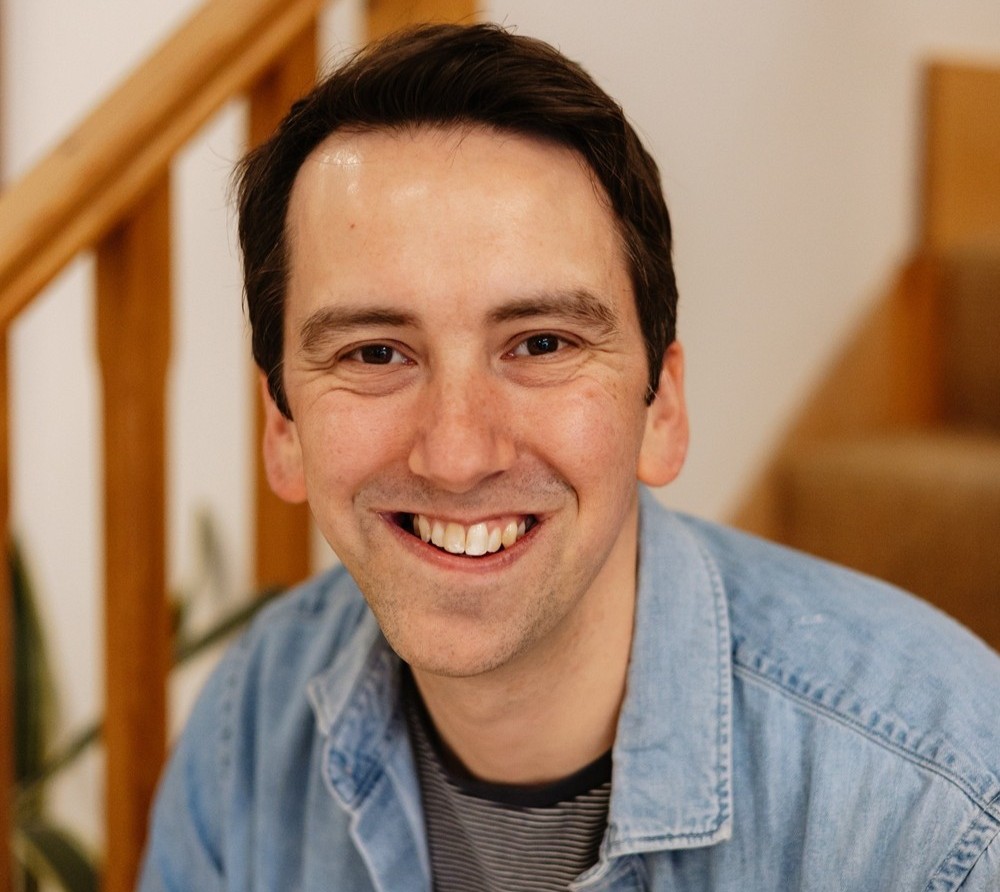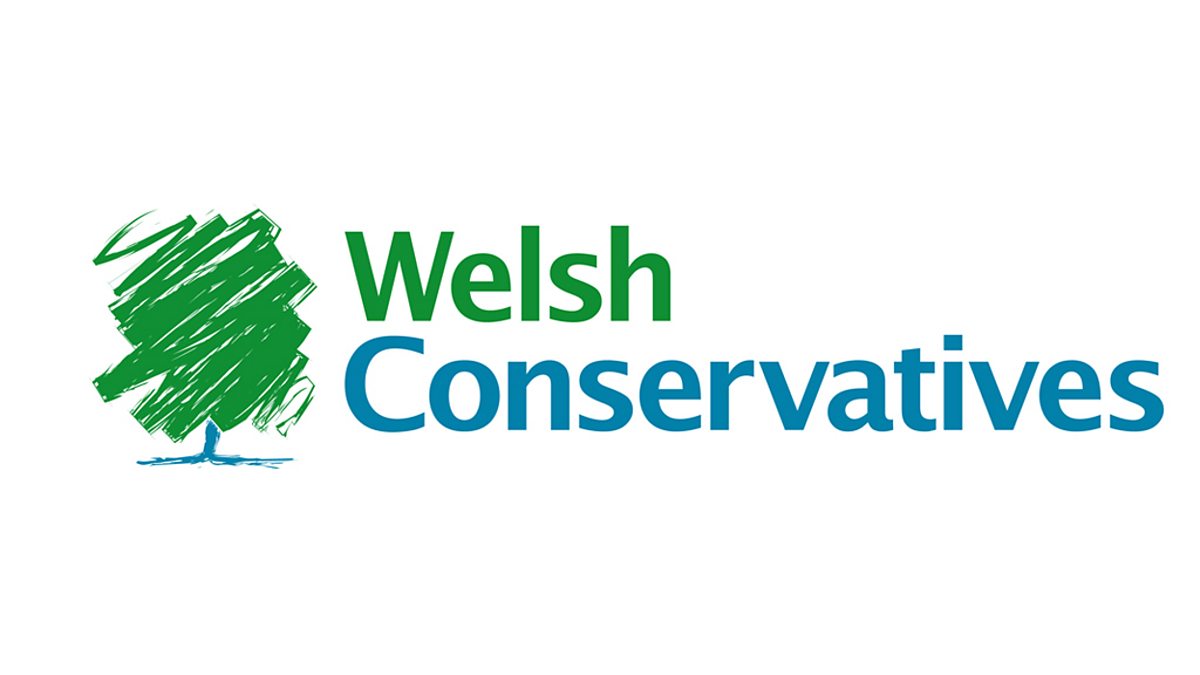Still reading? Congratulations, you’ve already outlasted the average attention span of a social media user. Three seconds: that’s how long it takes us to decide whether to stick or scroll.
But despite what you’ve heard, our attention spans aren’t getting shorter – they’re just under siege. And that distinction is vital for every estate agent vying for their audience’s attention, whether on social media, through direct mail campaigns, or in any other form of marketing.
The truth beneath the noise
Over the past two years, a wave of research has challenged the “shrinking span” story. A 2024 study of 150 university students, for example, found that those who watched more short-form videos on TikTok and Instagram did perform worse on attention tests and earned lower grades. Another team used EEG scans to show that heavy short-video users displayed weaker prefrontal-cortex activity – the part of the brain responsible for focus and control.
So, yes – there’s clear evidence that the constant flicker of short-form content can fragment our attention in the moment. But that’s only half the story.
A larger literature review published in 2025 concluded that while social media use is linked to reduced sustained attention, the effects are typically small, short-lived, and highly variable between people. Crucially, no major study has yet shown that our baseline ability to focus is actually declining. In other words, digital distractions make us temporarily scatterbrained, but they don’t necessarily rewire us into goldfish.
In fact, the research suggests that the opposite might be happening. We’re adapting to an environment of endless noise by developing sharper filters. We skim, scan, and switch faster than ever – not because we can’t focus, but because we’ve learned to decide more quickly what deserves our focus.
Focus in a world of friction
One of the more striking experiments, published earlier this year, asked participants to perform concentration tasks with their phones either on the table or out of sight. Even when the phones were silenced and unused, performance dropped measurably simply by their presence. Another study went further: for two weeks, some participants had all mobile internet blocked on their phones. Their attention scores and mood improved dramatically.
So yes, our environment is working against us. We are surrounded by devices that constantly call to us, like sirens on the rocks. But the research doesn’t show a species in decline – it shows a species under siege. And when something genuinely cuts through that noise, we still have the capacity to give it our full and undivided attention.
Think about the last time you fell down a YouTube rabbit hole, binged a series, or read an entire long-form article on your phone. When something grips us, we don’t flit away after a few seconds – we dig in. The problem isn’t short attention; it’s an abundance of distraction.
The lesson for estate agents
For marketers (and especially estate agents) this should be encouraging. It means your audience isn’t broken, they’re just choosy. They can still give deep, sustained attention; they just reserve it for things that earn it.
Too much property marketing assumes the opposite. We cut every message to 15 seconds, fearing people won’t stay. We strip away storytelling because “no one reads anymore.” We produce safe, forgettable content in the name of brevity – and then wonder why it fails to connect.
The science tells us that attention isn’t shrinking; it’s being rationed. So the task isn’t to fight for longer attention – it’s to deserve the attention we get. That means opening with something that genuinely arrests curiosity, not another “We’re delighted to announce…” It means layering depth beneath brevity – rewarding those who stay with rich, valuable information. And it means leaning on the oldest focusing tool in human history: story.
A well-told story about a home, a client, or even breaking news draws the eye and stills the noise in a way no algorithmic caption can.
Attention is the new trust
When someone truly pays attention to your business, it’s a gift – one earned through relevance, originality, and emotional connection. That’s why research carried out in 2023 by Paul Dyson found that creativity in marketing is the biggest profitability multiplier within our control.
Our collective focus isn’t fading away – it’s evolving. The human brain still loves to learn, listen, and linger. We’ve just raised the standard for what’s worth lingering on.
So don’t mourn the death of attention. Recognise it for what it is: a precious currency in an overcrowded marketplace. If you want more of it, stop chasing precious seconds — and start creating something worth spending them on.
Toby Martin is chief content officer at We Are Unchained.








